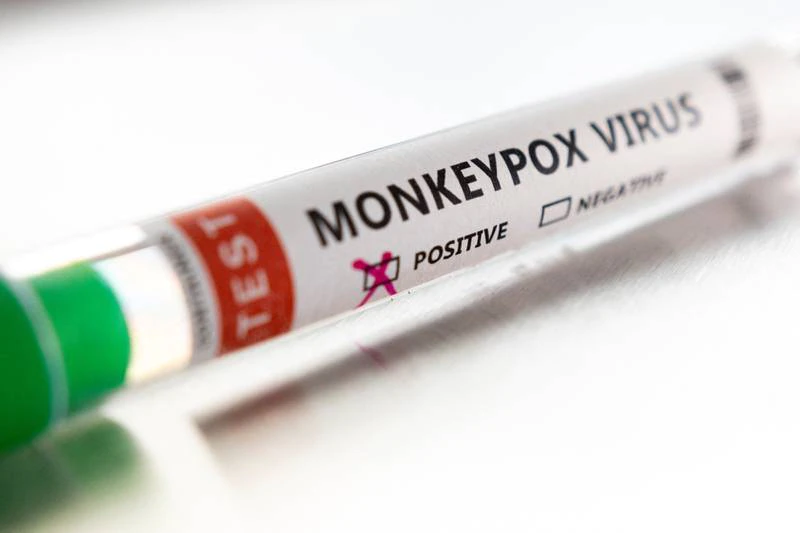UK government issues new monkeypox advice

Anyone at high risk of having monkeypox should go into isolation for 21 days, the UK government said in its latest guidance. Guidance from the UK Health Security Agency now recommends that people who have had “unprotected direct contact or high-risk environmental contact” should be isolated for three weeks.
This includes no travel, providing details for contact tracing and avoiding direct contact with immuno-suppressed people, pregnant women and children under 12. Those who are considered at high risk of having caught monkeypox may have had household contact, sexual contact, or have changed an infected person’s bedding without wearing appropriate PPE.
So far the agency has confirmed 20 cases in the UK. Dr Hopkins said updated figures for the weekend will be given on Monday as she warned of more cases “on a daily basis”. The disease, first found in monkeys, can be transmitted from person to person through close physical contact, including sexual intercourse, and is caused by the monkeypox virus.
Dr Hopkins warned that doctors are seeing community transmission, with cases mainly being identified in people who identify as gay or bisexual, or men who have sex with other men. “We will be releasing updated numbers tomorrow – over-the-weekend figures,” Dr Hopkins told BBC One.
“We are detecting more cases on a daily basis and I’d like to thank all of those people who are coming forward for testing to sexual health clinics, to the GPs and emergency department.” Asked if there was community transmission in the UK, she said: “Absolutely, we are finding cases that have no identified contact with an individual from west Africa, which is what we’ve seen previously in this country.
“The community transmission is largely centred in urban areas and we are predominantly seeing it in individuals who self-identify as gay or bisexual, or other men who have sex with men. “We would recommend to anyone who is having changes in sex partners regularly, or having close contact with individuals that they don’t know, to come forward if they develop a rash.
“There is no direct vaccine for monkeypox but we are using a form of smallpox vaccine – a third-generation, smallpox vaccine that is safe in individuals who are contacts of cases. “So we’re not using it in the general population. We’re using it in individuals who we believe are at high risk of developing symptoms, and using it early, particularly within four or five days of the case developing symptoms. “For contacts, this reduces your risk of developing disease, so that’s how we’re focusing our vaccination efforts at this point.
